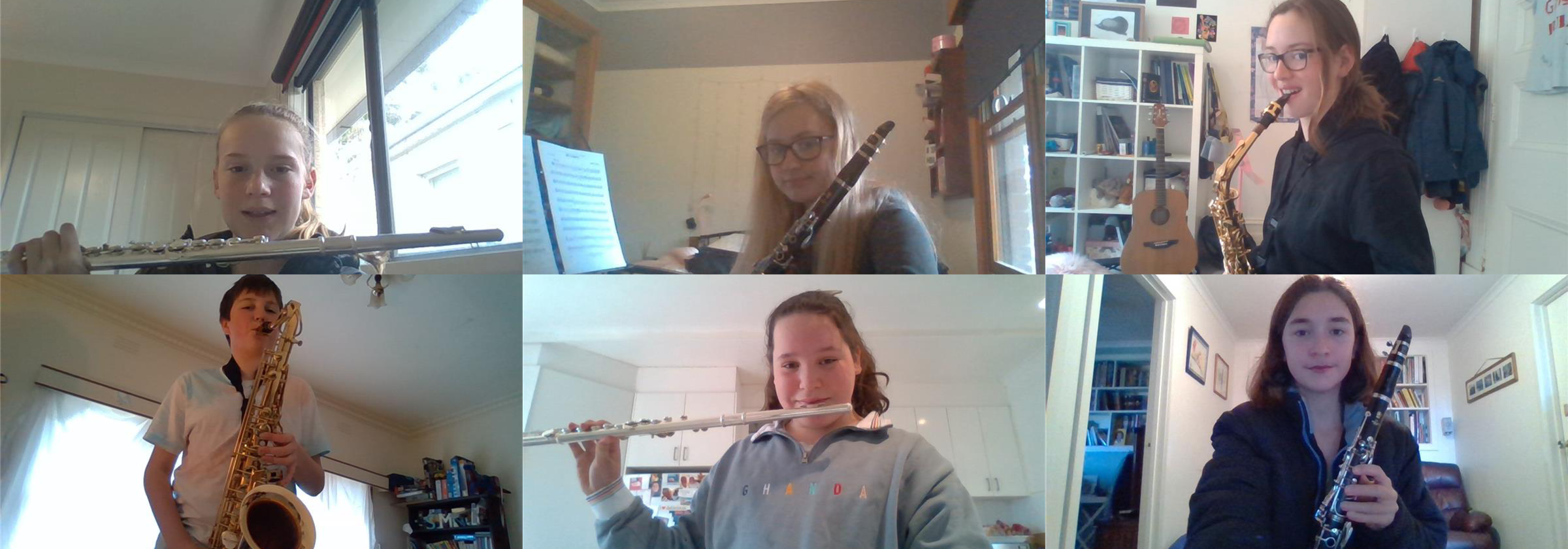Music

Are musicians just smarter? This is the question that Dr Anita Collins was faced with when researching the understanding of brain neurology that scientists are increasingly referring to as a ‘musically trained’ brain or the ‘musicians’ signature’. This week, along with music educators from around the globe, I have been able to attend the Melbourne Music Summit hosted by the Melbourne Symphony Orchestra, without missing a class and in fact without leaving home. Keynote speaker, Dr Anita Collins, highlighted the relatively new scientific process of watching the brain work in real time and the access this has given neuroglial researchers to study how the brain works when undertaking different tasks.
Whilst there are few in our community who are opposed to music education, many of its supporters really don’t know its true value. ‘It builds a balanced person.’ ‘It promotes creativity’. ‘It’s nice to be able to entertain others’. ‘Its good for the soul’. All true but all essentially missing the point of music in education and relegating it to something that is an add-on to the ‘important’ subjects. Happy are we that value quality education, but that ‘add on’ has been replaced with worthless activities or completely removed in many of the schools that our society’s young people attend. Music training should be an essential part of every education because it builds a better brain. Did anyone mention Finland?
While neuroscientists watch the brain in real time they can find no other activity that lights up so many parts of the brain at once. This, and the anecdotal evidence of the correlation between music students and academic prize winners, is what brought Dr Anita Collins to question, ‘Are musicians just smarter?’. The answer is that musical training produces a particular, and particularly positive ‘signature’ of neurological function.
But which part of the neurology is so advantageous? It is not the focus on creativity, the second language, the fine motor skills, or the co-ordination. The overall workout of the brain, simultaneously using multiple parts of the brain during musical training over many years develops remarkably strong inhibitory control. The aim of a gym workout is to push the body to the point where it is strained so that it can grow, so I am told. No pain no gain? Essentially, the years of little doses of musical frustration, getting something wrong and working at it over and over again until you get it right, builds a brain of persistence and resilience. A strong brain where all the parts work together to solve the problem. Musical discipline.
Dr Anita Collins’ book The Music Advantage is available for further reading and, like me, you too can attend the Melbourne Music Summit this week at your leisure via the MSO YouTube channel.
Mr Benjamin Hiscock BHiscock14@hamiltoncollege.vic.edu.au Director of Music
Mrs Nichole Atchison music@hamiltoncollege.vic.edu.au Music Administrator
